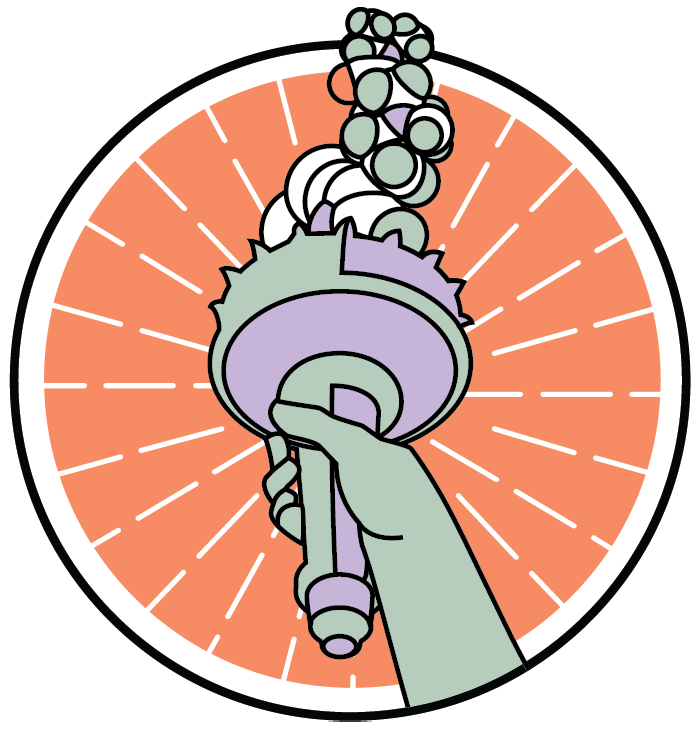Web. Program Day - 1
September 17, 2022
Web Program Day- 2
Web. Session 1
Portland Art Museum
Summary / Abstract
Web. Session 1
Web. Session - 2
Dr. Daniela Schiller is a Professor in the Department of Psychiatry, the Nash Family Department of Neuroscience, and the Friedman Brain Institute, at the Icahn School of Medicine at Mount Sinai. Her research is focused on how the brain represents and modifies emotional memories. Schiller got her PhD in Tel Aviv University and then continued to do a postdoctoral fellowship at New York University. She joined Mount Sinai in 2010 and has been directing the laboratory of affective neuroscience since. Her lab has delineated the neural computations of threat learning, how the brain modifies emotional memories using imagination, and the dynamic tracking of affective states and social relationships. Schiller is a Fulbright Fellow and a Kavli Frontiers of Science Fellow, and has been the recipient of many awards, including the New York Academy of Sciences’ Blavatnik Award, and the Klingenstein-Simons Fellowship Award in the Neurosciences.
Biography
Daniela Schiller, PhD
she/her
Appearances
Name
Title
Organization

Name
Title
Organization

Name
Title
Organization

Name
Title
Organization

Name
Title
Organization

Name
Title
Organization

The varieties of psychedelic neuroscience
As the profile of psychedelics continues to grow in both clinical discourse and popular culture, the quest for the underlying mechanisms of their effects has arrived as a matter of public interest.
Over the last decade, a series of findings from neuroimaging studies has yielded a variety of interpretations of the source of their therapeautic potential. These theories have often been breathlessly reported by the press and industry in service of advancing the plausibility of psychedelic medicine.
However, no consensus exists among the neuroscience community as to the origins of psychedelics effects and benefits, and neuroimaging is only one tool among many for investigating further.
In this session, we will hear from a panel of neuroscientists working towards a better understanding of underlying mechanisms about how to better consider and interpret the state of psychedelic neuroscience.
Over the last decade, a series of findings from neuroimaging studies has yielded a variety of interpretations of the source of their therapeautic potential. These theories have often been breathlessly reported by the press and industry in service of advancing the plausibility of psychedelic medicine.
However, no consensus exists among the neuroscience community as to the origins of psychedelics effects and benefits, and neuroimaging is only one tool among many for investigating further.
In this session, we will hear from a panel of neuroscientists working towards a better understanding of underlying mechanisms about how to better consider and interpret the state of psychedelic neuroscience.
